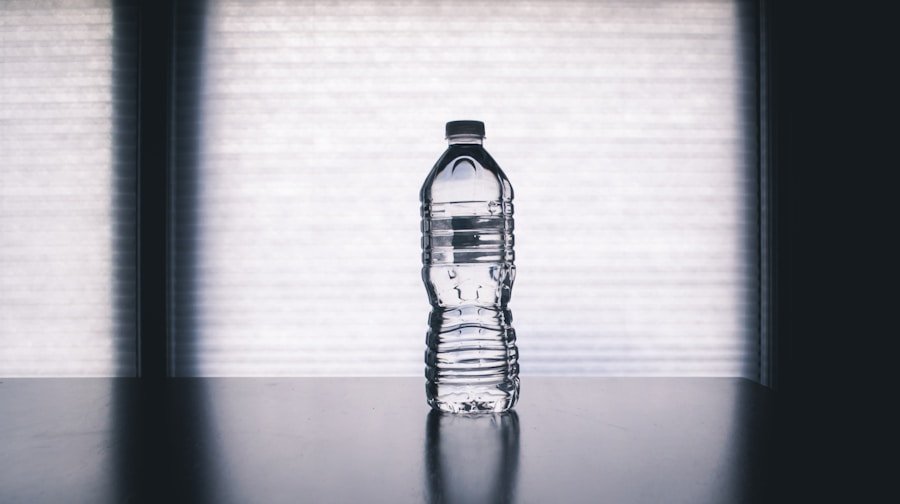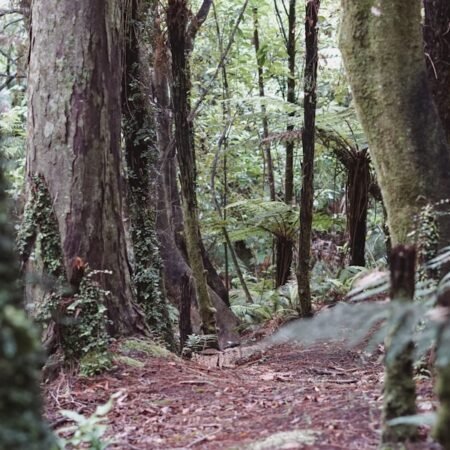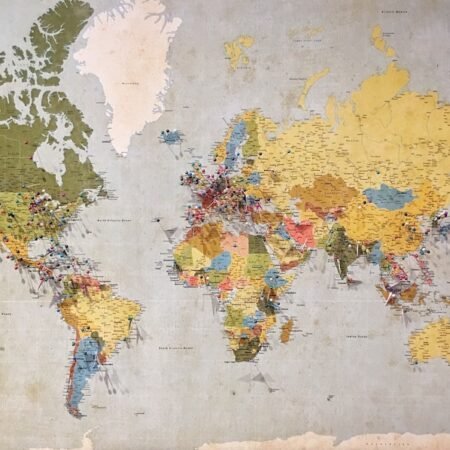When choosing a water filtration system for camping, one of the most important factors to consider is the filtration method. There are several different methods available, including pump filters, gravity filters, and straw filters. Pump filters are a popular choice for camping because they are easy to use and can filter large quantities of water quickly.
Gravity filters, on the other hand, are a good option for groups because they can filter a large amount of water at once without the need for pumping. Straw filters are lightweight and compact, making them a great choice for solo campers or hikers. Each filtration method has its own advantages and disadvantages, so it’s important to consider your specific needs and preferences when choosing a water filtration system for camping.
Another important consideration when it comes to filtration method is the type of contaminants the system is able to remove. Some filters are designed to remove bacteria and protozoa, while others are also able to remove viruses and chemicals. It’s important to choose a filtration method that is able to effectively remove the contaminants that are commonly found in the water sources you will be using while camping.
Additionally, some filtration methods require the use of replacement filters or cartridges, so it’s important to consider the ongoing cost and availability of these replacement parts when choosing a water filtration system for camping.
Key Takeaways
- Consider the filtration method, such as pump, gravity, or straw, based on the water sources you will encounter while camping.
- Prioritize portability and weight for easy transportation, especially if you will be hiking or backpacking to your campsite.
- Evaluate the capacity and flow rate of the filtration system to ensure it can meet the water needs of your camping group.
- Look for low-maintenance and durable filtration systems that can withstand outdoor conditions and frequent use.
- Ensure the filtration system is compatible with the water sources you will encounter, such as lakes, rivers, or tap water, and consider any additional features or accessories that may enhance its functionality.
Portability and Weight
Portability and weight are also important factors to consider when choosing a water filtration system for camping. When you’re out in the wilderness, every ounce counts, so it’s important to choose a filtration system that is lightweight and easy to carry. Look for a system that is compact and can easily fit into your backpack or camping gear.
Additionally, consider the ease of use and setup of the filtration system. Some systems require assembly and can be time-consuming to set up, while others are designed for quick and easy use on the go. In addition to portability, it’s also important to consider the durability of the filtration system.
Look for a system that is made from high-quality materials and is able to withstand the rigors of outdoor use. A durable filtration system will be able to withstand bumps and knocks while hiking or camping, ensuring that it continues to function effectively throughout your trip. Finally, consider the ease of cleaning and maintenance of the filtration system.
A system that is easy to clean and maintain will ensure that it continues to function effectively for years to come, saving you time and money in the long run.
Capacity and Flow Rate
Capacity and flow rate are important considerations when choosing a water filtration system for camping. The capacity of a filtration system refers to the amount of water it is able to filter at once, while the flow rate refers to how quickly the system is able to filter water. If you will be camping with a group or in an area with limited water sources, it’s important to choose a filtration system with a large capacity and fast flow rate.
This will ensure that you are able to quickly and efficiently filter enough water for everyone in your group. On the other hand, if you will be camping solo or in an area with abundant water sources, a smaller capacity and slower flow rate may be sufficient. Consider your specific needs and the size of your camping group when choosing a water filtration system with the right capacity and flow rate for your trip.
Additionally, consider the ease of refilling the filtration system. Some systems require you to manually fill them with water, while others are able to be submerged directly into a water source for easy refilling.
Maintenance and Durability
| Factor | Description |
|---|---|
| Portability | Consider the size and weight of the filtration system for easy transport during camping. |
| Filtration Method | Check if the system uses a filter, purifier, or chemical treatment to remove contaminants. |
| Water Source | Assess the type of water sources you will encounter and choose a system that can handle them. |
| Flow Rate | Look for a system with a suitable flow rate to meet your water needs while camping. |
| Durability | Ensure the filtration system is durable enough to withstand outdoor conditions and frequent use. |
| Maintenance | Consider the ease of maintenance and availability of replacement parts for the system. |
When choosing a water filtration system for camping, it’s important to consider the maintenance and durability of the system. Look for a system that is easy to clean and maintain, as this will ensure that it continues to function effectively throughout your trip. Some systems require regular backflushing or cleaning of the filter element, while others are able to be easily disassembled for cleaning.
Consider your own preferences and willingness to perform maintenance tasks when choosing a water filtration system for camping. In addition to maintenance, it’s also important to consider the durability of the filtration system. Look for a system that is made from high-quality materials and is able to withstand the rigors of outdoor use.
A durable filtration system will be able to withstand bumps and knocks while hiking or camping, ensuring that it continues to function effectively throughout your trip. Finally, consider the warranty and customer support offered by the manufacturer. A good warranty and responsive customer support can provide peace of mind and ensure that any issues with the filtration system can be quickly resolved.
Compatibility with Water Sources
Another important factor to consider when choosing a water filtration system for camping is its compatibility with different types of water sources. Depending on where you will be camping, you may encounter different types of water sources, including rivers, lakes, streams, and even stagnant puddles. It’s important to choose a filtration system that is able to effectively filter water from a variety of sources, ensuring that you have access to clean drinking water no matter where you are.
Consider the types of contaminants commonly found in the water sources you will be using while camping, as well as any specific challenges posed by those sources. For example, if you will be camping in an area with high levels of sediment or debris in the water, look for a filtration system with a pre-filter or sediment trap to prevent clogging. Additionally, consider any specific concerns related to the water sources in your camping area, such as potential chemical contamination from agricultural runoff or industrial pollution.
Cost and Budget
Cost and budget are important considerations when choosing a water filtration system for camping. There are many different options available at various price points, so it’s important to consider your budget and how much you are willing to spend on a filtration system. Keep in mind that higher-priced systems may offer additional features or higher quality materials, but there are also many affordable options available that can effectively filter water for camping.
When considering cost, it’s also important to factor in any ongoing expenses related to the filtration system, such as replacement filters or cartridges. Some systems require regular replacement of these parts, so it’s important to consider the long-term cost of ownership when choosing a water filtration system for camping. Additionally, consider any additional accessories or components that may be necessary for the filtration system, such as carrying cases or storage bags.
Additional Features and Accessories
Finally, when choosing a water filtration system for camping, consider any additional features or accessories that may be important for your specific needs. Some systems come with built-in water bottles or hydration bladders, making them convenient for on-the-go use while hiking or backpacking. Others may include integrated UV sterilization or chemical treatment options for added protection against contaminants.
Additionally, consider any specific features that may be important for your comfort or convenience while camping. For example, some systems include built-in handles or straps for easy carrying, while others may have integrated hooks or clips for hanging the system from a tree or other structure. Consider any specific needs or preferences you have when choosing a water filtration system with the right additional features and accessories for your camping trip.
In conclusion, there are many factors to consider when choosing a water filtration system for camping. From the filtration method and portability to capacity and flow rate, maintenance and durability, compatibility with water sources, cost and budget, and additional features and accessories, there are many different considerations that can impact your decision. By carefully considering each of these factors and weighing them against your specific needs and preferences, you can choose a water filtration system that will provide clean drinking water for your camping trip while meeting all of your requirements.
Whether you’re hiking solo or camping with a group, having access to clean drinking water is essential for staying healthy and hydrated while enjoying the great outdoors.
FAQs
What are the important factors to consider when choosing a water filtration system for camping?
When choosing a water filtration system for camping, it is important to consider factors such as the type of contaminants you may encounter, the size and weight of the system, the ease of use, and the filtration capacity.
What type of contaminants should I consider when choosing a water filtration system for camping?
Common contaminants to consider when choosing a water filtration system for camping include bacteria, protozoa, and sediment. It’s important to choose a filtration system that can effectively remove these contaminants from natural water sources.
How important is the size and weight of a water filtration system for camping?
The size and weight of a water filtration system are important considerations for camping, as you’ll need to carry the system with you. Look for a system that is lightweight and compact for easy transport.
What is the importance of ease of use when choosing a water filtration system for camping?
When camping, you’ll want a water filtration system that is easy to use, especially in outdoor conditions. Look for a system that is simple to set up, operate, and clean.
What is filtration capacity and why is it important when choosing a water filtration system for camping?
Filtration capacity refers to the amount of water a system can filter before needing to be replaced or cleaned. It’s important to consider the filtration capacity based on the size of your camping group and the duration of your trip.













